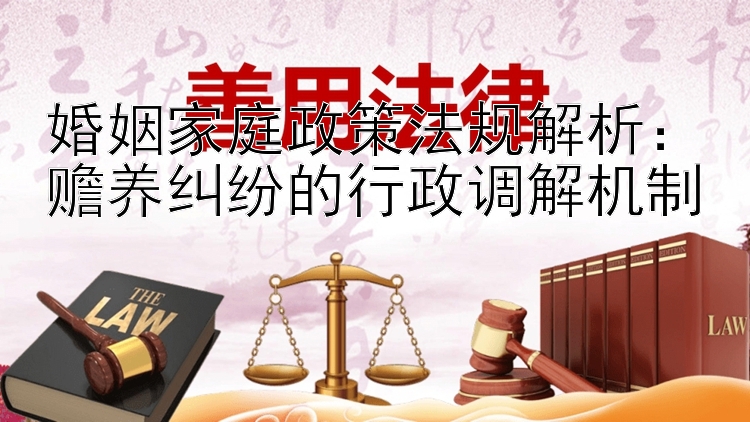《共筑幸福基石:婚姻家庭法规与优生优育政策的协同发展》
在现代社会中,婚姻和生育是两个重要的个人和社会议题。婚姻作为两个人的契约关系,不仅涉及到个人的情感和财产权益,也关系到家庭的稳定和社会的和谐;而生育则是人类繁衍的基础,不仅涉及个体的健康和福祉,也关系到国家和民族的未来发展。因此,如何通过有效的法律法规和政策措施来实现婚姻家庭的健康发展和优生优育的目标,成为了各国政府和社会各界共同关注的问题。本文将探讨婚姻家庭法与优生优育政策的协调发展,分析两者之间的互动关系,并提供相应的政策和法律建议。
一、婚姻家庭法的概念和作用 婚姻家庭法是指调整因婚姻家庭关系所产生的各项权利义务的法律规范的总称。它主要包括婚姻法、继承法等,旨在维护家庭成员间的平等、尊重和关爱,保护妇女儿童合法权益,以及促进社会的公平正义和文明进步。婚姻家庭法的作用主要体现在以下几个方面:
- 保障人权:婚姻家庭法确保了每个家庭成员的基本权利不受侵犯,如人格权、财产权、抚养权等。
- 维护秩序:通过法律规定,婚姻家庭法明确了家庭成员的角色和责任,有助于维持家庭内部的和谐与秩序。
- 促进发展:良好的婚姻家庭环境有利于培养健康的下一代,从而为整个国家和社会的发展奠定坚实基础。
二、优生优育政策的内涵与目标 优生优育政策是指为了提高出生人口的素质和生活质量所采取的一系列措施。这包括婚前检查、产前诊断、遗传咨询等服务,以及对孕妇进行营养指导和教育培训等。其目标是减少先天性缺陷儿的出生率,提升新生儿的整体健康水平,并为孩子的健康成长创造良好条件。优生优育政策的核心在于预防和控制遗传性疾病的发生,提高人口的整体素质。
三、婚姻家庭法与优生优育政策的协同发展 要实现婚姻家庭健康发展和优生优育的双重目标,需要 Marriage Law and Family Planning Policy Collaborative Development To achieve the dual goals of healthy family development and optimal birth quality, it is necessary to promote collaborative development between marriage law and family planning policy through a comprehensive approach that includes legal regulation, social support, public education, and individual responsibility. Here are some strategies for achieving this collaboration:
-
Legal Framework: Establish clear legal guidelines on reproductive rights within marriage. Laws should protect couples' right to choose when and how many children they have while also ensuring that any decisions made regarding reproduction are based on informed consent and do not infringe upon the rights of others (e.g., by considering genetic risks).
-
Public Education: Implement widespread educational campaigns about responsible parenting, including information on prenatal care, childbirth options, breastfeeding support, postpartum health, early childhood development, etc. This helps create an environment where parents feel empowered to make informed choices that benefit their families.
-
Healthcare Access: Ensure universal access to high-quality healthcare services such as contraception counseling; screening programs for sexually transmitted infections (STIs); testing for hereditary diseases or disorders like Down syndrome; maternal nutrition supplements; psychological counseling during pregnancy/postpartum periods – all aimed at improving both mother’s well-being and baby’s health outcomes from conception onwards.
-
Financial Support: Provide financial incentives or subsidies for families who adopt healthier lifestyles (e.g., by choosing natural methods over harmful ones). Such measures can help reduce economic barriers faced by low-income households in accessing essential medical treatments or nutritional products needed for better infant growth rates among other benefits associated with improved parental welfare levels overall across society too!








